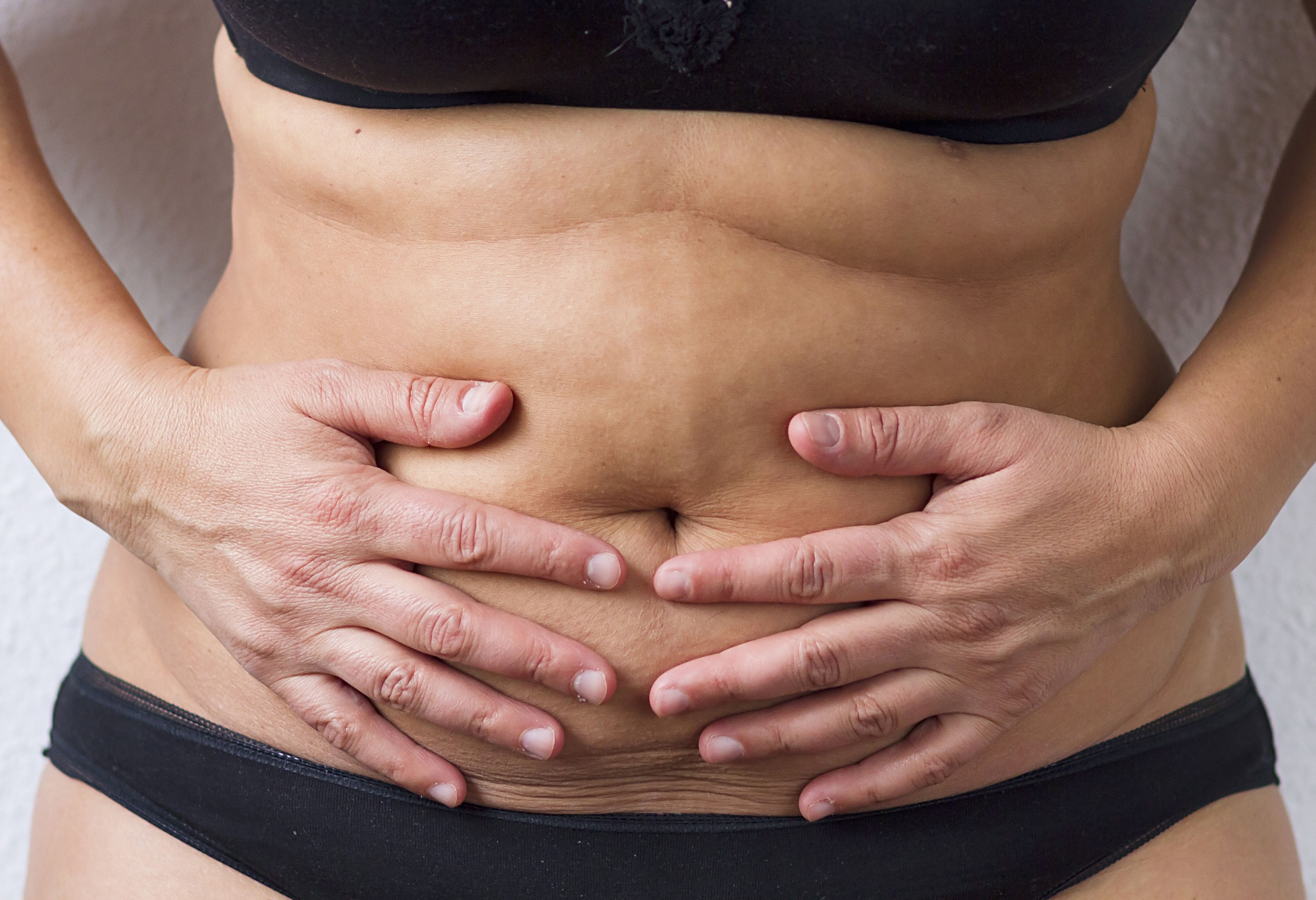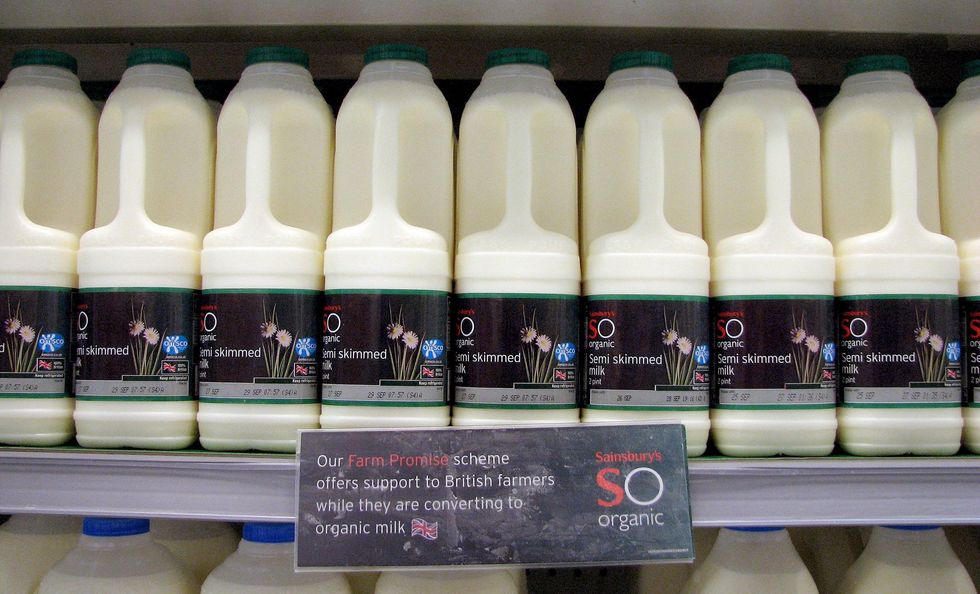Doctor names 'vital' dietary additions that help blast belly fat during menopause - and the culprits that 'cause excess bloating'
Certain dietary eliminations could speed up results on the scales
Omitting harmful dairy products and processed foods from the diet could boost weight loss as women enter menopause
Don't Miss
Most Read
Trending on GB News
Struggling with excess stomach fat and sudden weight gain is a common occurrence for women through the peri-menopausal period to post-menopause.
These issues boil down to hormonal changes that regulate essential bodily functions like metabolism, stress and hunger. Adding more water, protein and fat to the diet can help.
Even after trying every diet under the sun, many women struggle to tackle the midsection bulge or enhance their results on the scale.
Fortunately, Doctor Shirin Lakhani, an Intimate women’s health and menopause expert, argues that simple additions and eliminations can make a significant difference.

Increased belly fat goes hand in hand with hormonal changes during menopause
GETTY
Increasing the intake of water, protein and fat can support weight loss efforts. Cutting dairy and caffeine, on the other hand, may reduce the likelihood of bloating.
“Craving certain foods such as sweet, salty and carb-heavy is a completely normal byproduct of your hormones changing throughout menopause," Doctor Lakhani told GB News.
"However, it can lead to weight gain and excess bloating that can women feel subconsciously.
“During perimenopause, your body goes through vast hormonal changes. There are fluctuations in the levels of oestrogen and progesterone before they decline.”
Since food and nutrition make a significant difference in how we feel, it makes sense to use them as tools to tackle bodily changes that accompany the transition period.
“Food plays a huge part in how you feel going through menopause,” explained Doctor Lakhani.
“Firstly, reduce your sugar intake, eliminate processed foods from your diet and avoid things like dairy and caffeine, as they can all cause excess bloating.”
Several studies have challenged the importance of dairy for women as they enter menopause. On the one hand, high-fat dairy can contribute to weight gain.
The counter-argument is that dairy-dense foods help strengthen the bones as they become noticeably frail.
Despite discouraging the intake of dairy, Doctor Lakhani drives home the importance of eating sufficient protein and fat during the transition period.
LATEST DEVELOPMENTS

High fat diary products could contribute to weight gain during menopause
PA"It is vital to ensure you are eating enough good quality protein and healthy fats. Maintain your intake of calcium and vitamin D to protect your bones," she explained.
Liquid intake is equally important to the foods consumed during menopause, as some beverages contain a concerning number of calories.
“You need to drink plenty of water to stay hydrated and try to avoid fizzy drinks, alcohol and smoking,” Doctor Lakhani said.
While the jury is still out on which foods are worst for menopausal women, emphasis should be placed on the quality and quantity of foods consumed when trying to shed fat.








